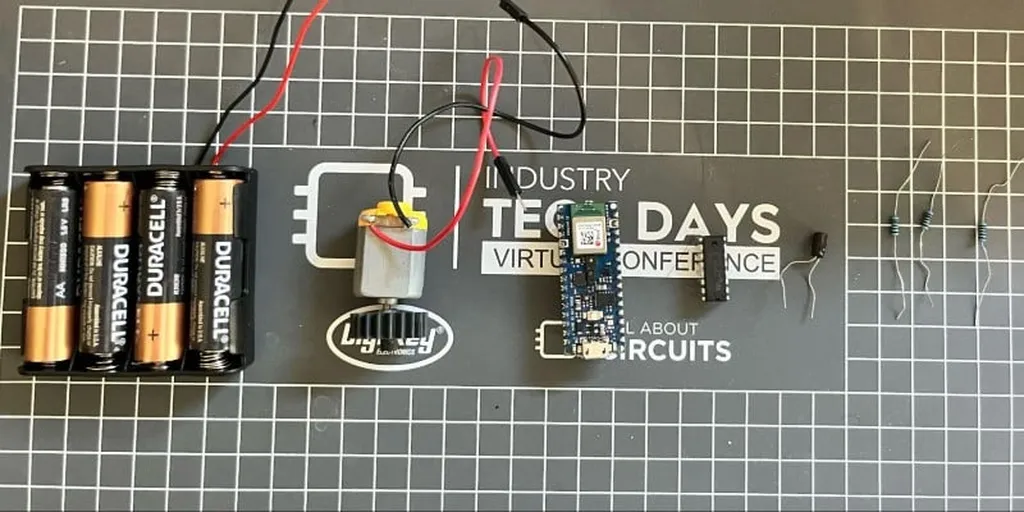In the rapidly evolving landscape of smart home technology, a groundbreaking approach to voice-based home automation is making waves. Researchers, led by Jyoti Mishra from the Department of Computer Applications at Manipal University Jaipur, have developed a TinyML (Tiny Machine Learning)-based keyword spotting system that promises to revolutionize the way we interact with our homes. This innovation, detailed in a recent study published in ‘Engineering Proceedings’ (which translates to ‘Engineering Proceedings’ in English), could significantly impact the energy sector by enhancing the efficiency and accessibility of smart home systems.
The study focuses on integrating TinyML, a subset of machine learning designed for resource-constrained devices, with Internet of Things (IoT) technology to create a voice-controlled home automation system. “The main objective of this research is to develop the TinyML model for resource-constrained devices,” explains Mishra. The proposed system allows users to control household devices through voice commands, offering a seamless and intuitive user experience.
One of the standout features of this research is its ability to recognize specific keywords or phrases with remarkable accuracy. The model achieved an impressive 98% accuracy rate, with an F1 score of 1.00 and a recall rate of 92%. This high level of precision is crucial for ensuring that voice commands are accurately interpreted and executed, enhancing the reliability of smart home systems.
The system’s efficiency is further highlighted by its minimal computational requirements. The quantized model uses a latency of just 5 milliseconds, 7.9 K of RAM, and 43.7 K of flash for keyword classification. These specifications make it an ideal solution for resource-constrained devices, which are often used in smart home applications.
The implications of this research extend beyond mere convenience. By enabling more efficient and user-friendly smart home solutions, the system can contribute to optimized energy usage. Automated systems that respond to voice commands can help reduce energy waste by ensuring that devices are only active when needed. This can lead to significant energy savings, which is a boon for both consumers and the environment.
The research also addresses the diversity of users by collecting and training voice keywords from different age groups in a home environment. This inclusivity ensures that the system is accessible to a wide range of users, enhancing its practicality and appeal.
As the smart home market continues to grow, innovations like this TinyML-based keyword spotting system are poised to shape the future of home automation. By integrating advanced machine learning algorithms with IoT technology, researchers are paving the way for more intelligent, efficient, and user-friendly smart home solutions. The study published in ‘Engineering Proceedings’ serves as a testament to the potential of TinyML in transforming the way we interact with our living spaces, offering a glimpse into a future where technology seamlessly integrates with our daily lives to enhance convenience, efficiency, and sustainability.

